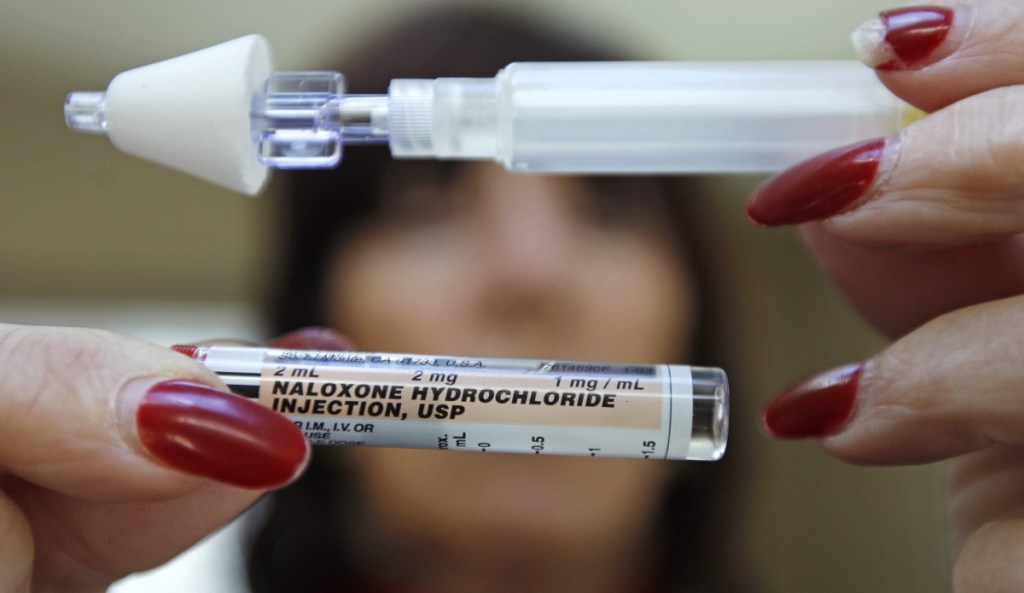In Maine, we lose someone every single day to the opioid epidemic. These people are our friends, our family members and our neighbors, both young and old. This crisis exists in every part of the state, in our cities and in the most rural areas. If we want to make serious progress in combating the opioid crisis, the first step is to save lives.
However, Gov. LePage is currently holding up rules that would increase access to the life-saving anti-overdose drug naloxone. This is wrong. The governor does not get to decide whose life is worth saving. I urge him to release these rules immediately – we cannot afford to wait.
Over the past couple of years, the Maine Legislature has considered a number of bills designed to combat or at least address the opioid crisis. As the lead Senate Democrat on the Health and Human Services Committee, I have heard from folks all across the state about how the opioid epidemic is affecting their lives and the lives of their loved ones. I have heard stories from mothers, spouses, those in recovery and experts – all pleading with lawmakers to do something.
As a result, we passed legislation designed to equip families and friends with the tools necessary to save the life of a loved one. The law is already enshrined in statute, without the governor’s signature. Now we are waiting for the approval of rules to implement this law. And the only thing obstructing greater access to this life-saving tool is the governor.
Over the last nine months, my colleagues on the Task Force to Address the Opioid Crisis in the State have worked hard to develop a comprehensive set of recommendations to address the crisis. Naloxone is an anti-overdose drug that can reverse or reduce the harmful effects of an overdose. While increasing access to naloxone is only one piece of the puzzle, it is important to save lives before helping folks move along toward the road to recovery.
I come from a family of firefighters and paramedics. When there is a fire, a car accident or an emergency in my hometown, my family members respond every time and they save lives. First responders do not discriminate. They focus on saving the life at hand, without judgment. Why should it be any different when dealing with a drug overdose? If we are going to eradicate the opioid epidemic, we need to overcome the stigma that comes with it. Regardless of the emergency situation, we have a moral obligation to always try to save every life.
It is also worth pointing out that the opioid crisis is not just taking a toll on our families and communities, but also adversely affecting our economy. The average of age of overdose in Maine is 41. At a time where Maine needs to strengthen our workforce, we are losing ideal candidates each and every day. It is in the best interest of families, communities and businesses to take proactive measures to turn this trend around.
Maine is not alone in facing the opioid crisis. It has devastated communities and families all throughout New England, especially our neighbors in New Hampshire and Massachusetts. Both the Republican governors in those states have taken the appropriate action to increase the availability of naloxone and save more lives. This is not about party affiliation – it is about looking out for people.
The opioid epidemic is a nonpartisan issue. It is our responsibility as lawmakers to take action. Increasing access to the life-saving anti-overdose drug naloxone can and will save more Maine lives.
Send questions/comments to the editors.


